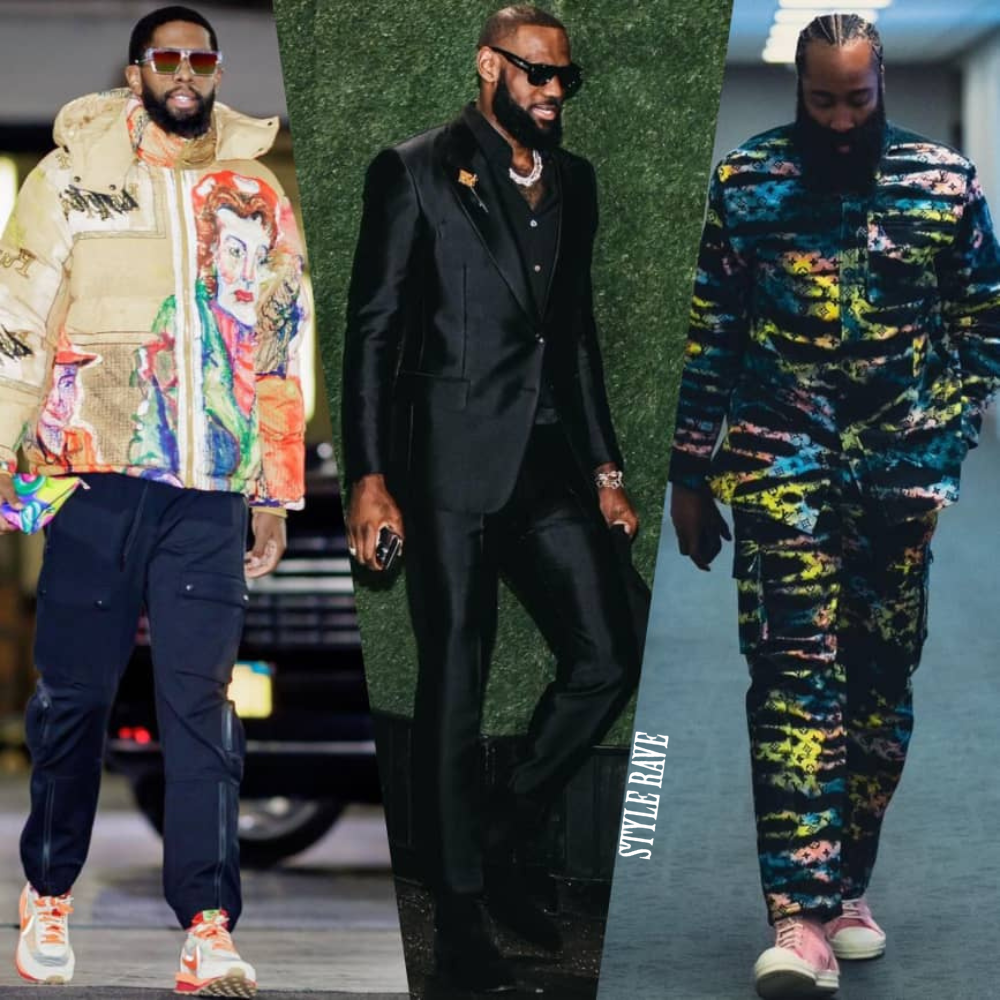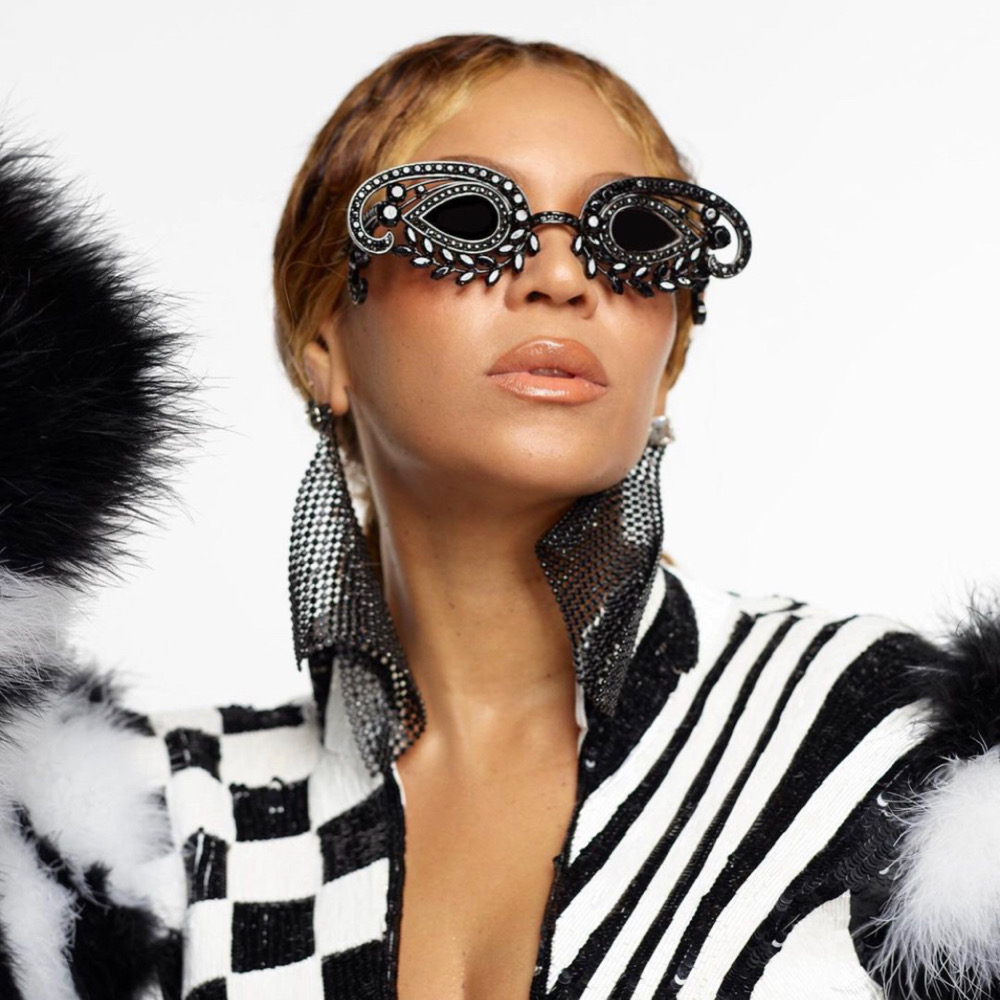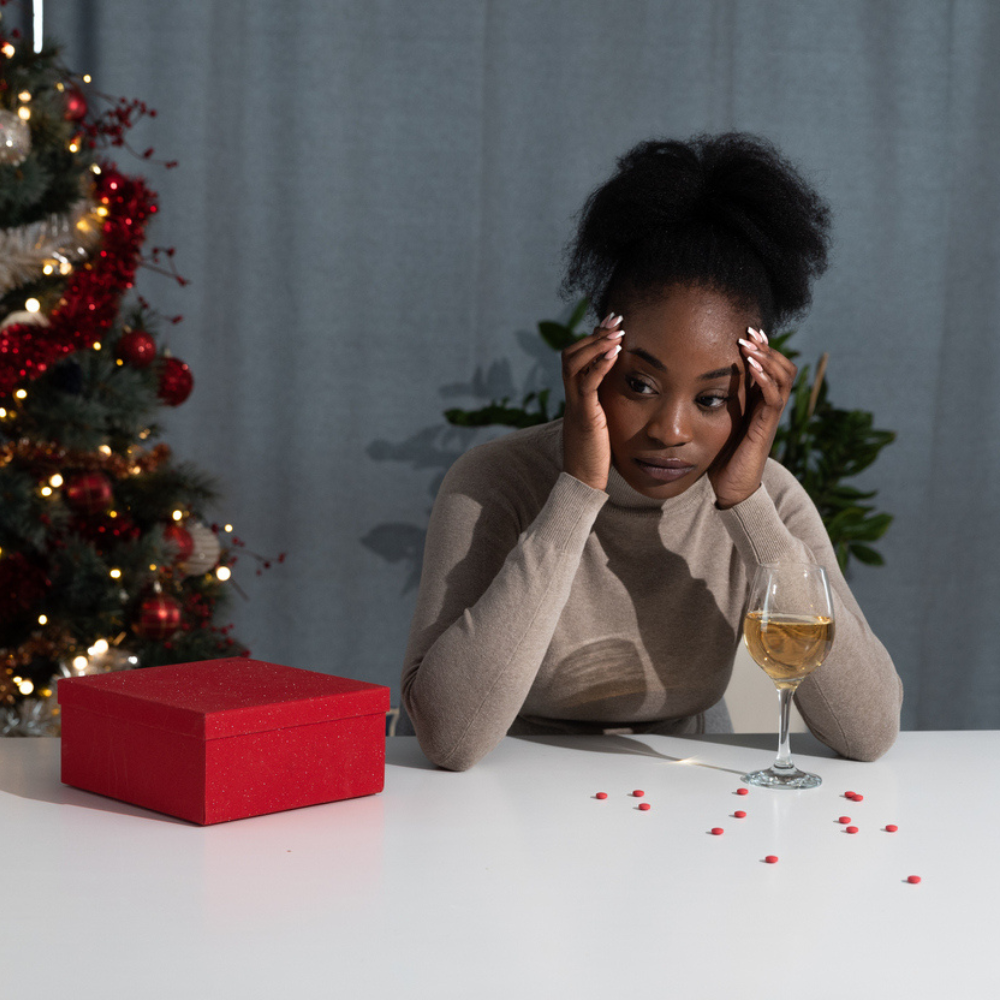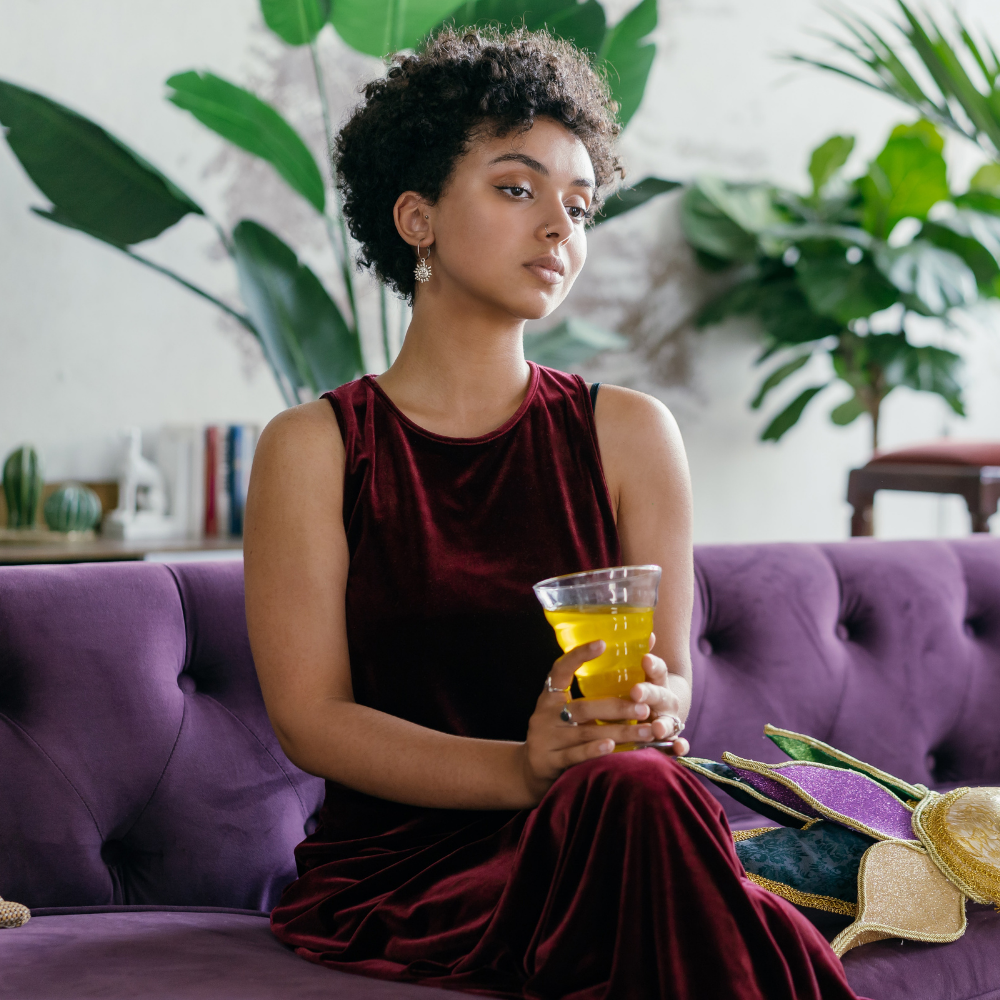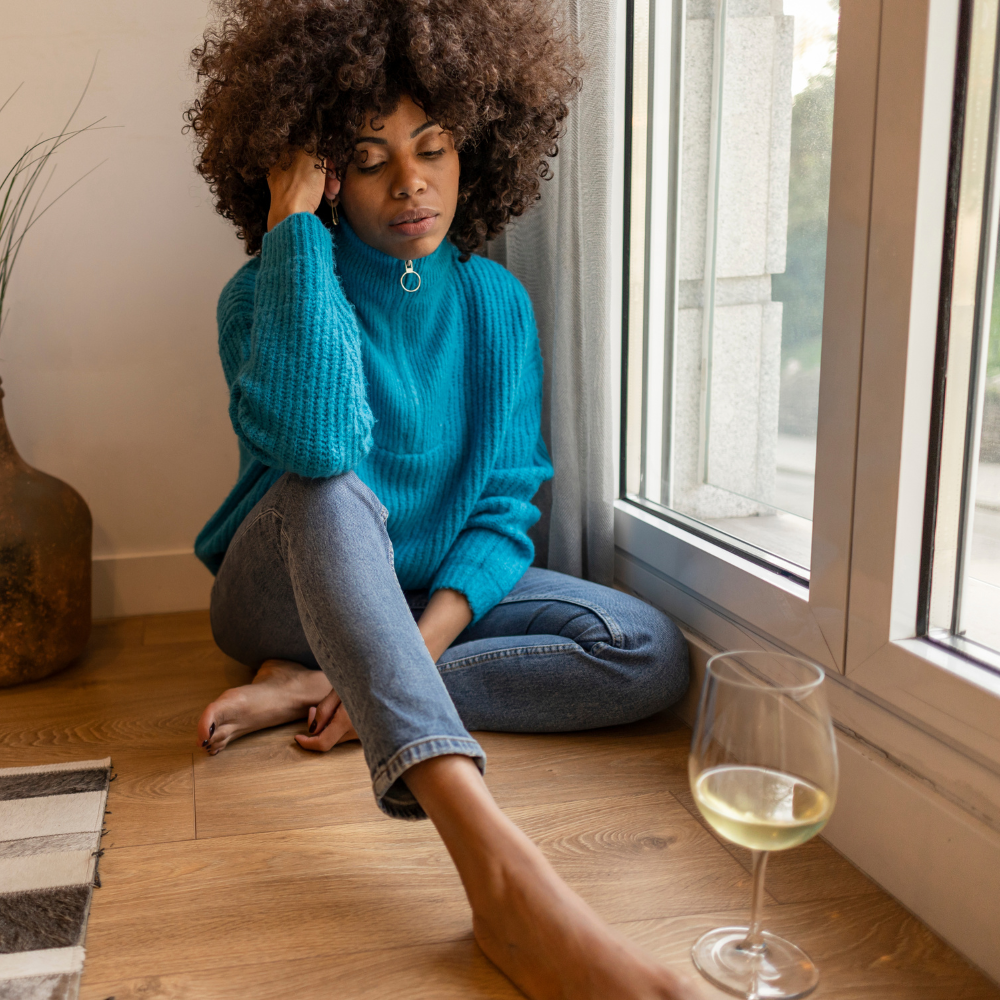
A creative writer with a voracious appetite for fashion, beauty,…
T
he saying, “everything in moderation” is indeed a great motto to live by, even more so when it comes to alcohol. After all, enjoying a drink or two here and there can be a fun and social experience. But what happens when alcohol starts to affect our daily lives? For some people, alcohol can be a trigger for anxiety as research shows alcohol and anxiety are linked.
If you’re struggling with anxiety and you’re not sure how alcohol is playing into it, keep reading. I’ll discuss the link between the two, which I discovered both from research and experience. If you find yourself in this dilemma, there are some tips for managing it.
What’s the link between alcohol and anxiety?
When people drink alcohol, it affects the Central Nervous System (CNS). This is what causes the “buzz” felt when the drink starts to sip in. Alcohol depresses the CNS, which is why it’s often used to calm down or relax. But alcohol can also influence the way people feel strong emotions. For people with anxiety, drinking can worsen their symptoms. This is because alcohol can lower inhibitions and cause people to do things they wouldn’t normally do. It feels like an alter ego and a boost for the introvert’s social life. While you think you’ve found a solution to your shyness, alcohol can also increase anxiety levels and make it harder for people to fall asleep.
What effects does alcohol have on your mental health?
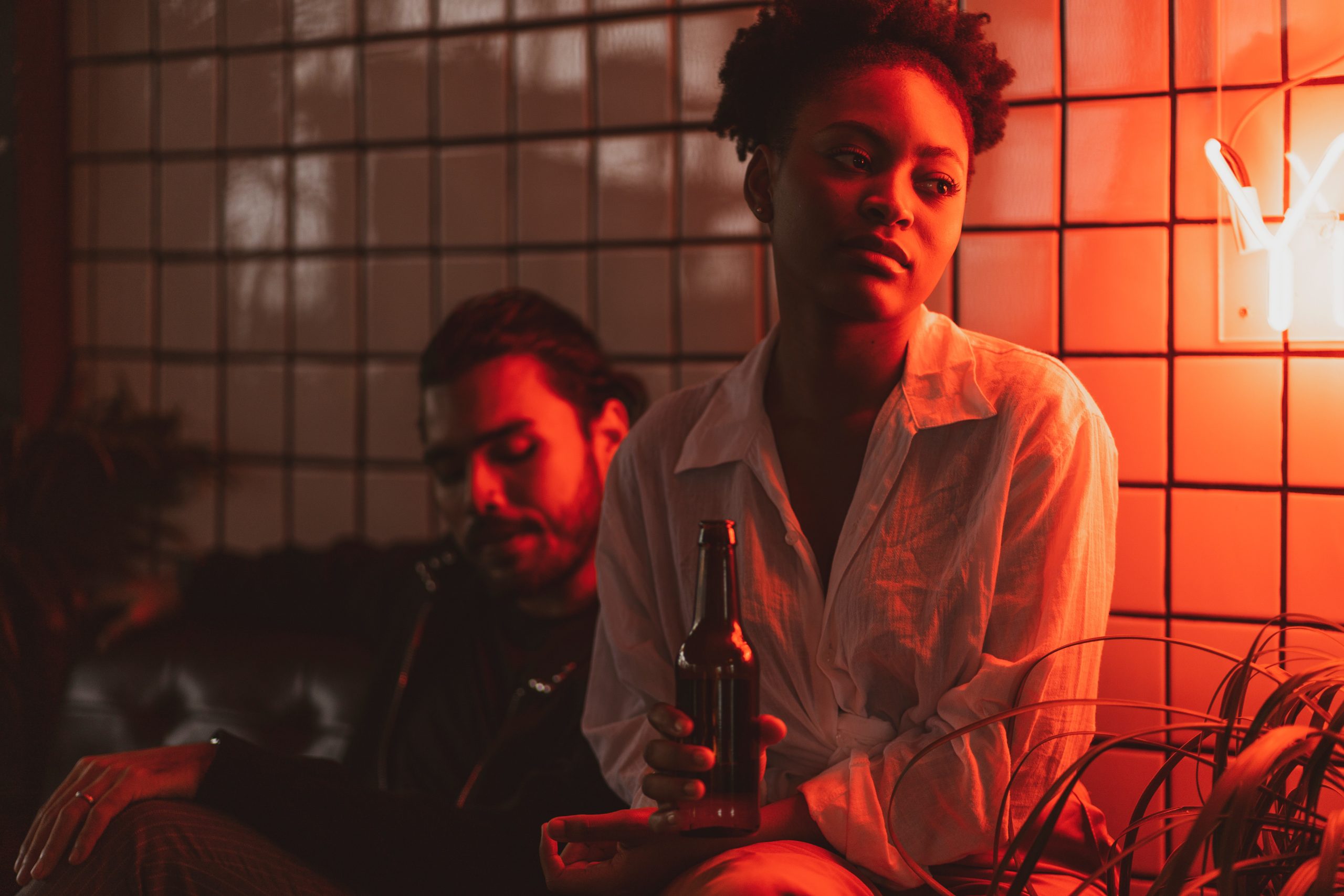
When it comes to the relationship between alcohol and anxiety, it’s a two-way street. There’s evidence that alcohol can aggravate anxiety symptoms. Some other research indicates that people who don’t drink may be less likely to experience anxiety disorders. It seems that the effects of alcohol on anxiety depend on a few key factors:
- The amount of alcohol you drink
- Your personal history with alcohol and anxiety
- Whether you’re drinking for social or emotional reasons
If you’re struggling with anxiety, it might be best to steer clear of alcohol altogether. But if you choose to drink, moderation is key.
Can drinking alcohol reduce anxiety long-term?
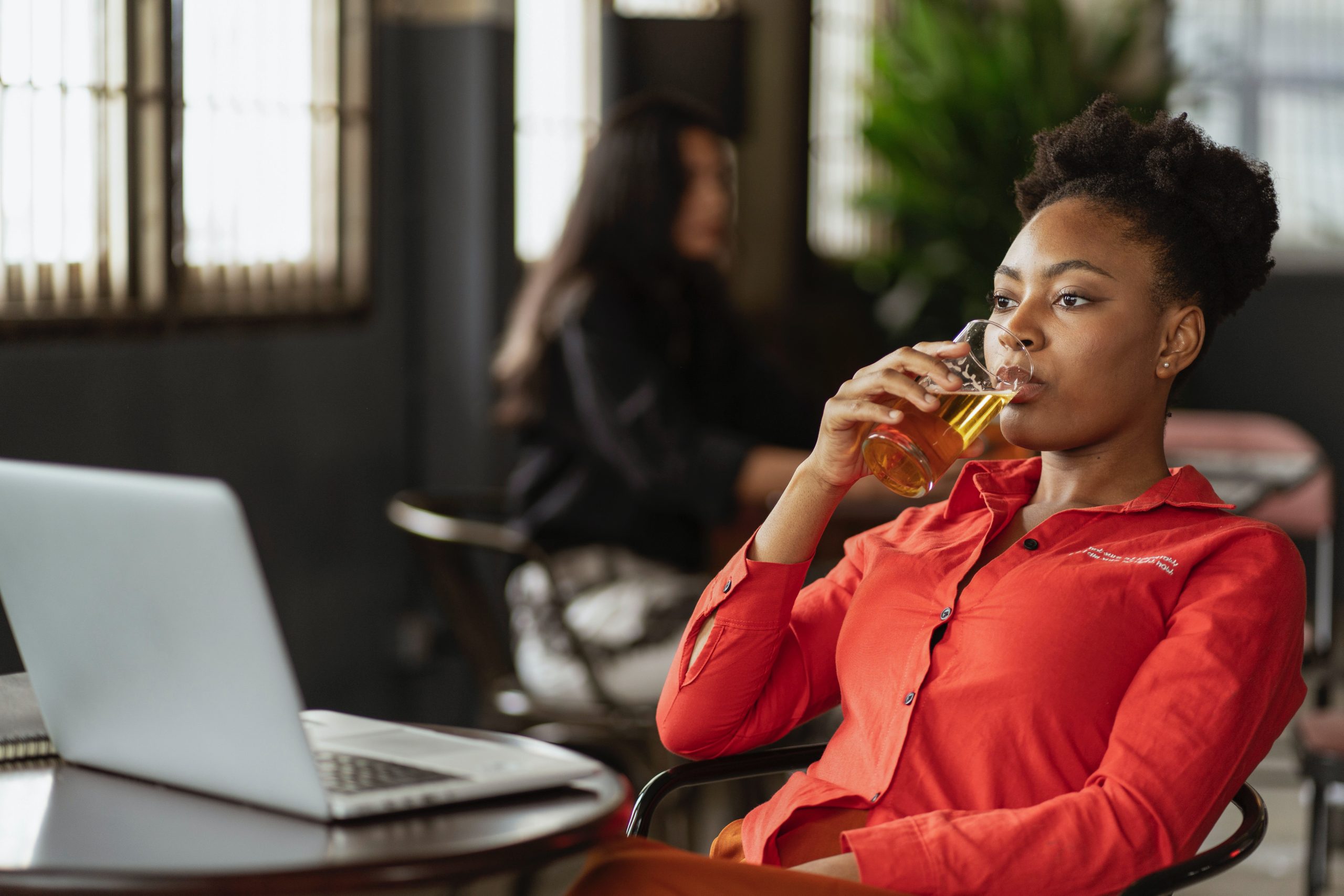
You might think that if alcohol can reduce anxiety in the short term, it would be a good solution for long-term relief. But this is not always the case. The long-term effects of alcohol on anxiety are harmful. Alcohol can mask anxiety symptoms in the short term. But it can also lead to dependence and addiction. Over time, alcohol can also worsen anxiety. For instance, it can disrupt your sleep, cause mood swings, and lead to other mental health issues.
Coping with anxiety the healthy way
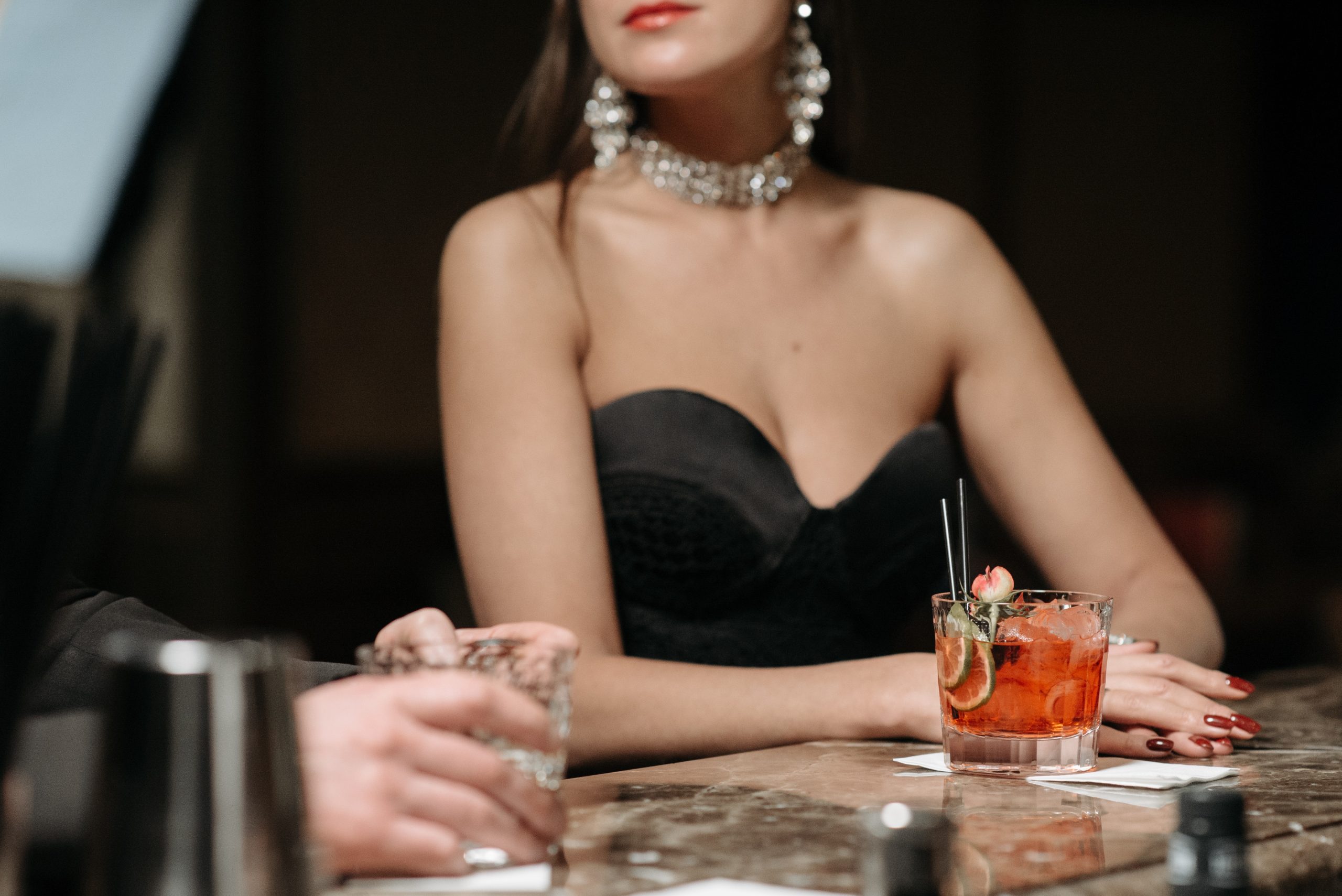
Many people turn to alcohol to reduce anxiety in the short term. Yet, this is not an effective long-term solution. It can lead to a more severe form of anxiety over time. If you’re having difficulty managing your anxiety, it’s important to have alternate strategies that can help. There are various methods of managing anxiety without alcohol. One of the most effective ways is to talk to a mental health professional. This is done by engaging in therapy sessions that would alleviate the condition.
Another option is to implement relaxation techniques such as deep breathing, yoga, tai-chi, and mindfulness meditation regularly into your lifestyle. Exercise is also beneficial for reducing stress levels, which in turn improves your mental health. You may also want to consider trying natural remedies, such as herbal teas and supplements like fish oil or Ashwagandha root extract.
Signs of alcohol dependence in anxious individuals
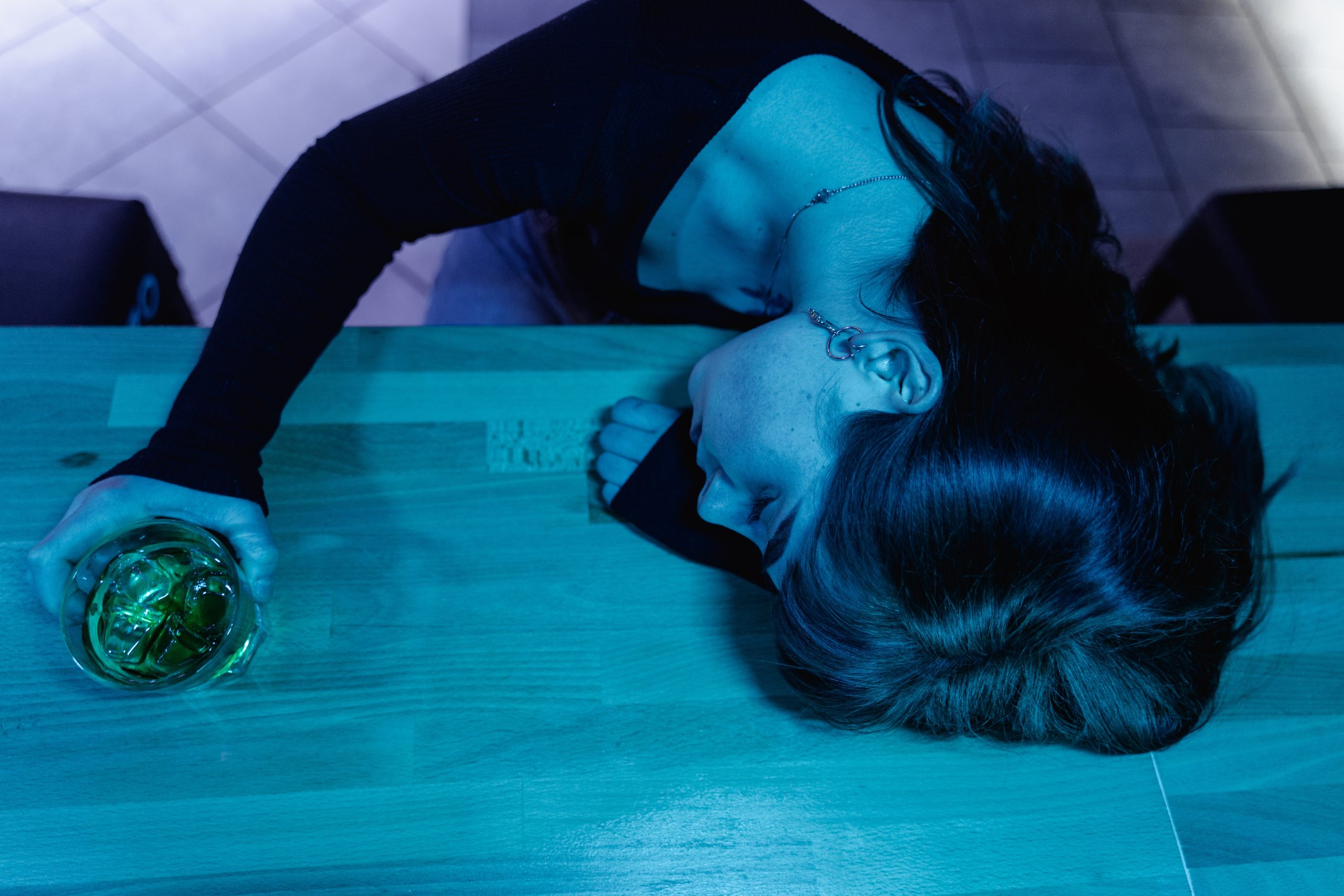
Signs of alcohol dependence include an intense craving to drink. Also, there are physical withdrawal symptoms when you try to stop drinking. Plus, there’s the inability to control how much you drink. There is also a compulsion to keep drinking, even when it’s causing pain or financial woes. Some people with anxiety may attempt to manage their stress or panic by turning to alcohol for relief. But as with any addiction, this self-medicating behavior can cause more harm than good in the long run.
Seeking help for alcohol use disorder

A licensed mental health professional can help you assess your current alcohol use and to figure out how to proceed. This could mean cutting back on your drinking or abstaining entirely. They can also assess if mental health issues play a role in your drinking behavior. The most important thing is, to be honest with yourself and recognize when help is needed. Taking the first step is the hardest part, but it could save your life.
When it comes to this relationship between alcohol and anxiety, the only solution is a breakup. But, it’s not always clear at first how toxic this duo is. Does alcohol cause anxiety, or does anxiety cause alcohol abuse? Often, it’s likely that both alcohol and anxiety are caused by a third factor, such as stress. Whatever the case, it’s important to be aware of the connection between alcohol and anxiety. Also, be mindful of how alcohol might affect your anxiety levels. If you’re struggling with alcohol abuse and anxiety, it’s important to get help from a professional. The earlier, the better.
Featured image: Jose carlos Cerdeno/iStock
Medical Disclaimer
All content found on the StyleRave.com website, including text, images, audio, video, and other formats is created for informational purposes only. The content is not intended to be a substitute for professional medical advice, diagnosis, or treatment. If you think you may have a medical emergency, please call your doctor, go to the nearest hospital, or call 911 immediately depending on your condition.
For the latest in fashion, lifestyle, and culture, follow us on Instagram @StyleRave_
This is a Style Rave original content exclusively created for our readers. If reproduced, distributed, transmitted, cached, or otherwise used by any other publishing house or blogs, such use should provide a direct link to this source article. Use of and/or registration on any portion of this site constitutes acceptance of our Terms & Conditions and Privacy Policy.
—Read also
A creative writer with a voracious appetite for fashion, beauty, lifestyle and culture. As one who's passionate about the advancement of the woman, creating content that inspire smart style and living, and positive lifestyle changes is a calling I take seriously. At Style Rave, we aim to inspire our readers by providing engaging content to not just entertain but to inform and empower you as you ASPIRE to become more stylish, live smarter and be healthier. Follow us on Instagram @StyleRave_ ♥

